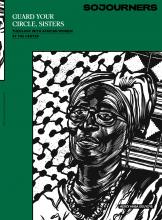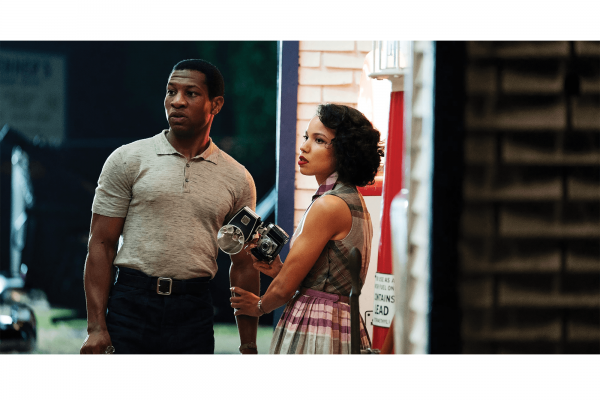EVERYTHING THAT THE devil stole, HBO’s giving back to me. That’s a sacrilegious statement, but sometimes that’s how I feel when I’m on my couch watching yet another show with a largely Black cast (and sometimes even crew) miraculously greenlit in a sea of Hollywood whiteness by the network titan that years ago gave us The Wire and made many of us notice the likes of Idris Elba.
For what seemed like eons to Black folks eager for visual confirmation that their lives mattered, Black characters on TV were mostly relegated to sidekick or background roles—and Black writers, directors, and showrunners were rare or entirely absent. But from Insecure to A Black Lady Sketch Show, Watchmen to I May Destroy You, HBO is perhaps the strongest ally for revolutionary Black artists and creators of color on and behind TV.
Read the Full Article

